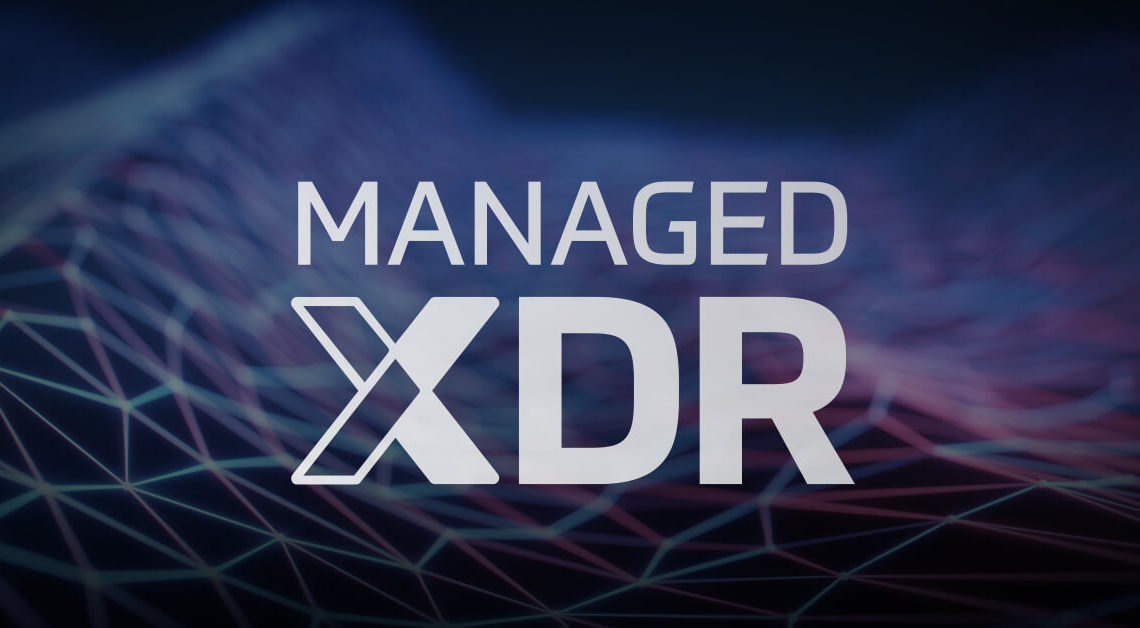As cyberattacks become increasingly sophisticated and frequent, traditional security solutions are no longer enough to protect against the evolving threat landscape. One emerging technology is XDR, or extended detection and response, which offers a more comprehensive approach to cybersecurity. In this article, we will compare XDR to traditional security solutions and discuss why managed XDR offers superior protection.
Traditional Security Solutions:
Traditional security solutions, such as firewalls and antivirus software, focus on preventing attacks from entering the network perimeter. While these solutions can be effective at stopping known threats, they are less effective against sophisticated attacks that use tactics such as social engineering and zero-day exploits.
Another limitation of traditional security solutions is their lack of integration with other security tools, resulting in disjointed security operations. Security teams often have to manually investigate and correlate data from different security tools, leading to delays in incident response times and an increased risk of successful attacks.
XDR:
On the flip side, XDR adopts a comprehensive strategy towards cybersecurity. It integrates data from multiple security tools, including endpoint detection and response (EDR), network detection and response (NDR), and cloud security posture management (CSPM), into a centralized platform. This integration allows for real-time correlation and analysis of security events across the entire environment, providing better visibility and threat detection.
In addition to its comprehensive approach, managed XDR also leverages machine learning and artificial intelligence to identify and respond to emerging threats. These technologies enable XDR to learn from previous incidents and proactively identify potential threats before they become an issue.
Managed XDR:
While XDR offers many advantages over traditional security solutions, implementing and managing an XDR solution can be a complex and resource-intensive task. This is where managed XDR services come in. Managed XDR is a fully managed security service that includes the deployment, configuration, and ongoing management of an XDR platform.
Managed XDR providers have the expertise and resources to manage complex XDR environments, allowing organizations to focus on their core business functions while still benefiting from the enhanced security that XDR provides. Managed XDR services also offer 24/7 monitoring and incident response, ensuring that any security incidents are quickly identified and resolved.
Why Managed XDR Offers Superior Protection:
Managed XDR offers several advantages over traditional security solutions and even self-managed XDR implementations:
Expertise and Resources:
Managed XDR providers have a team of security experts who are trained to manage complex XDR environments. They have the expertise to properly configure and maintain an XDR platform, ensuring that it is optimized for maximum protection. Managed XDR providers also have the resources to quickly respond to any security incidents, minimizing the impact of a potential breach.
Proactive Threat Detection:
Managed XDR providers leverage machine learning and artificial intelligence to proactively detect emerging threats before they become an issue. This proactive approach to security means that potential threats can be identified and resolved before they cause damage to the organization.
Centralized Management:
Managed XDR provides a centralized platform for managing security operations, making it easier for security teams to investigate and respond to incidents. This centralized approach to security also ensures that there are no blind spots in the organization’s security posture.
Cost-Effective:
Managed XDR services can be a cost-effective solution for organizations that lack the resources or expertise to implement and manage an XDR platform in-house. Managed XDR providers offer flexible pricing models, allowing organizations to choose a plan that fits their budget and security needs.
Conclusion
As cyberattacks become more sophisticated, traditional security solutions are no longer enough to protect against the evolving threat landscape. XDR offers a more comprehensive approach to cybersecurity, integrating data from multiple security tools and leveraging machine learning and artificial intelligence to identify and respond to emerging threats. While implementing and managing an XDR platform can be complex and resource-intensive, managed XDR services offer a solution for organizations that want to benefit from the enhanced security of XDR without the burden of managing it themselves.










